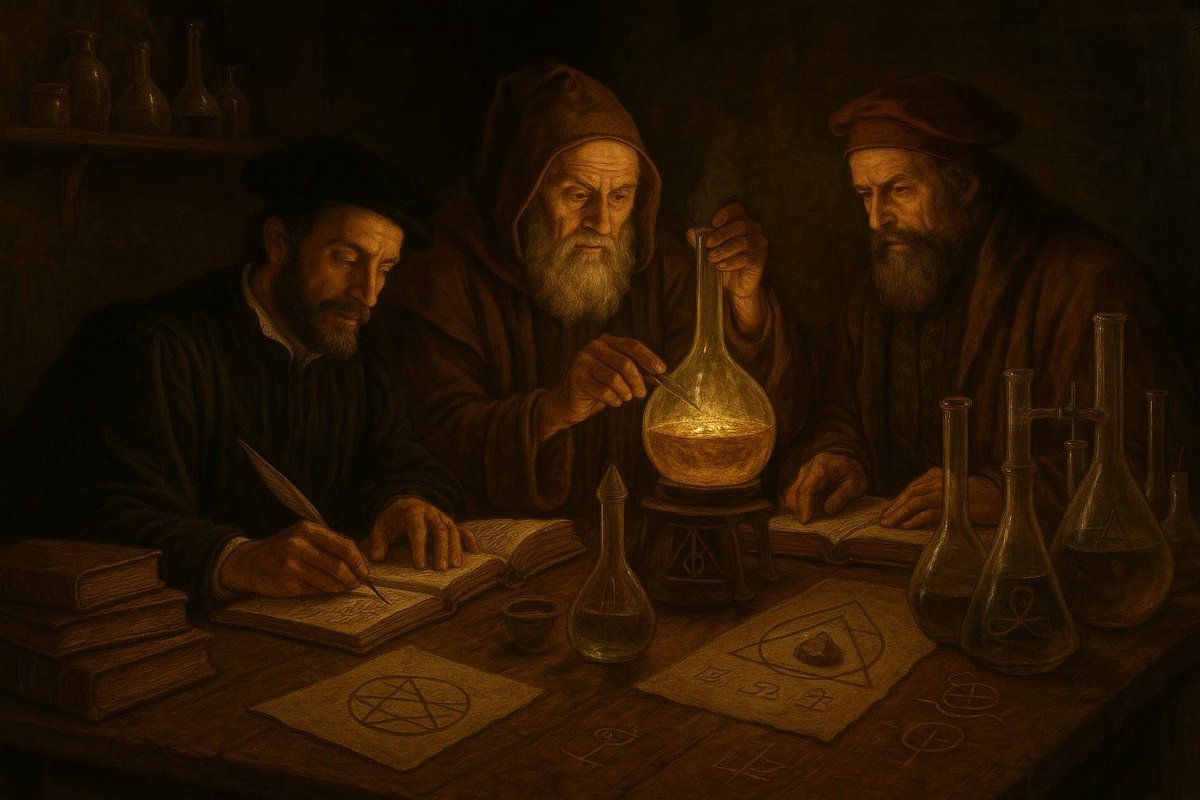
Introduction
Alchemy, often shrouded in mystery and enigma, has long fascinated historians, scientists, and the general public alike. Many people believe alchemy was merely a misguided pursuit of turning lead into gold or finding the elusive philosopher’s stone, yet its historical role is far more nuanced. As time goes on, a reevaluation of alchemical practices could reveal overlooked insights, or perhaps, highlight its limitations. So, how should we view alchemy today? Is it a precursor to modern chemistry or just a collection of outdated superstitions? Let’s delve deeper.
Alchemy: Science or Superstition?
At its core, alchemy was a blend of science, philosophy, and spirituality. Alchemists claimed the ability to transform base metals into noble ones and to discover the elixir of life.
- Alchemy’s roots date back to ancient Egypt and Greece, where it was intertwined with myth and mystery.
- The symbolic language of alchemy often used metaphors and allegories, making it challenging to discern scientific facts from spiritual beliefs.
Interestingly, while alchemy is often dismissed as mere superstition, its practitioners were among the first to experiment with chemicals and processes that laid the groundwork for modern chemistry. However, the overwhelming focus on mystical elements raises the question: was alchemy more about spiritual transformation than empirical science?
The Philosopher’s Stone: Fact or Fantasy?
No discussion on alchemy is complete without mentioning the philosopher’s stone, a legendary substance said to grant eternal life and convert metals into gold.
- Historical texts are filled with cryptic instructions for creating this mythical stone, with no evidence of actual success.
- Many alchemists devoted their lives to this quest, often at the expense of scientific credibility.
Of course, the philosopher’s stone has never been found, leading to a fair amount of skepticism. Could this pursuit have been a metaphor for personal enlightenment rather than a literal quest? Or was it an early form of scientific experimentation, albeit misguided, that encouraged critical thinking and innovation?
Alchemy’s Contribution to Modern Science
Despite its mystical overtones, alchemy did contribute to the development of scientific methods. Alchemists’ experiments were some of the earliest forms of systematic inquiry.
- Their work led to the discovery of substances and chemical reactions that are foundational in chemistry today.
- Alchemy introduced early concepts of elements and compounds, albeit wrapped in mystical terminology.
Yet, this transition from alchemy to chemistry was not straightforward. It required a paradigm shift from mystical explanations to empirical evidence. Does this mean alchemy should be credited as a scientific precursor, or is it an example of how science advances by leaving behind outdated beliefs?
Reevaluating Alchemy’s Impact
As we look back at the history of alchemy, it becomes essential to reevaluate its legacy. Is it a story of failure or a narrative of transformation?
- Alchemy’s blend of science and spirituality might have paved the way for interdisciplinary approaches in science.
- Its ultimate failure to achieve its lofty promises perhaps taught valuable lessons about the limits of certain scientific pursuits.
Yet, dismissing alchemy entirely overlooks the curiosity and experimentation it inspired. Maybe it’s not about the gold that wasn’t made, but the questions that were asked. Could alchemy’s real impact be in sparking the critical inquiry that defines modern science today?
Conclusion
While alchemy may not have turned lead into gold, its legacy is rich in lessons about the evolution of scientific thought. It serves as a reminder of how far we’ve come and the importance of questioning, doubting, and exploring the unknown. As time goes on, let’s continue to ask: what other assumptions might we need to rethink?
Fuel Someone Else’s Curiosity
Did this analysis spark your interest? Share it with friends and join the conversation about the fascinating crossroads of history and science. Who knows? You might just inspire the next great thinker!

Leave a Reply